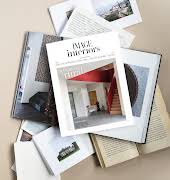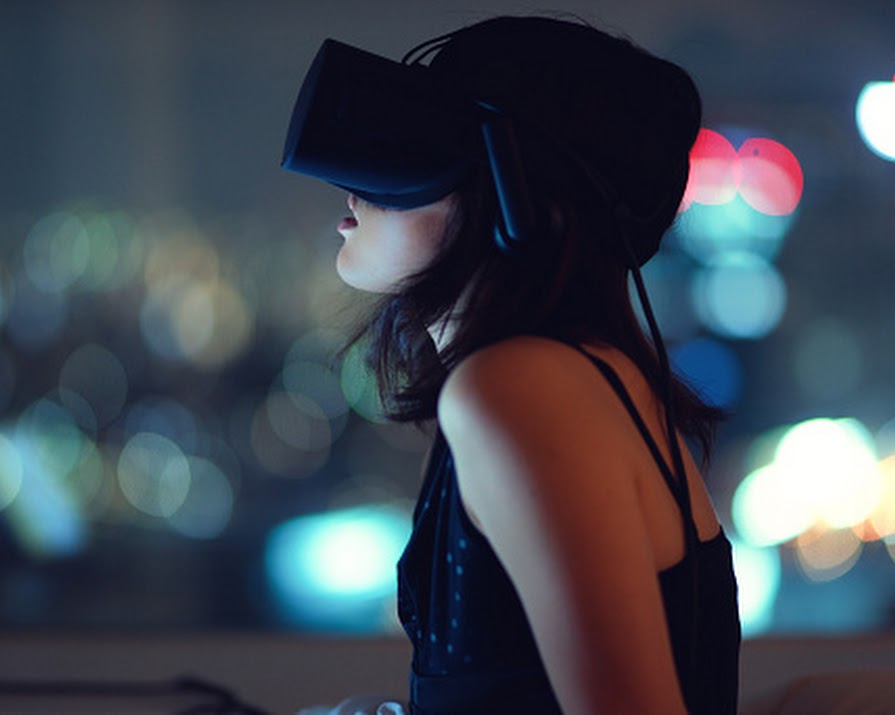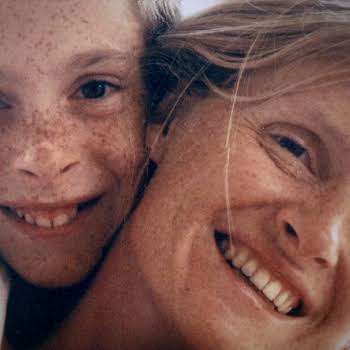
By Niamh ODonoghue
27th Jul 2016
27th Jul 2016
Virtual Reality and Augmented Reality technologies are getting ready to burst onto the consumer market with the release of the highly-anticipated Oculus Rift – a by-product of Facebook – but are we ready for it??Virtual Reality (VR) refers to a computer generated experience, like a computer game, but it allows the user to have a more immersive experience and is usually accompanied by a headset/goggles of sorts. Augmented Reality(AR), on the other hand, is a mixture of real life and VR and something that you’ve probably tried within the last month with the arrival of the?Pok’mon Go?craze which combines your real environment with virtual characters.
I jumped at the opportunity to try a virtual reality headset at Dublin’s Web Summit last year, and it was truly a mind-boggling experience. Before pulling the decent-sized headset onto my smaller-than-average head, the instructor insisted that I sit down so as to avoid motion sickness. ?Motion sickness?? I thought; ?great?. He asked what my interests are so he could customise my VR experience. I chose adventure, music, and fashion. In an instant I found myself stepping onto the edge of a dizzying cliff. The instructor told me to look sharply to my left where I could see a mountaineer climbing up the steep slope. I could subconsciously feel my body leaning hard into the back of the chair so as to avoid plummeting 5,000 feet to my death. Without warning, I was then transported on stage at a Beyonce concert. I was standing right behind Beyonce in what looked like Madison Square Gardens. I could see individual faces in the crowd and watch as all of her dancers walked by me – oblivious to the intruder standing on stage with them. Lastly, I was front row at Couture Week in Paris. To my left sat Anna Wintour, and to my right sat The Beckhams. I pulled my legs in as close to my body as I could without thinking – just in case the model tripped over my legs on the way down the catwalk. I quickly realised that this technology could truly impact how we live, travel, experience, and see the world around us.
Dr Brendan Rooney is a member of the Psychological Society of Ireland (PSI), and Assistant Professor in the UCD School of Psychology. He explains why we desire to see altered versions of reality and questions whether we’re really in ‘reality? at all:
“For centuries, philosophers and psychologists have argued about whether there is any such thing as reality at all – most of what we experience is based on our brain’s best guess of what’s out there. People have been telling stories, singing songs, and engaging in spiritual or artistic practices for over 40,000 years. All of these practices are about being transported beyond the ?here and now?. These things allow us to enter into all sorts of ?virtual worlds?. If you hear about what happened in France or Turkey, you are engaging in a sort of transportation to virtual worlds”
The world of tech is busy revolutionising the way we see, feel, do, experience, buy, sell, work, and spend time; ultimately making tasks become easier, quicker and more efficient. It is questionable, however, whether or not we already live in a virtual world – considering the pandemic that the internet has caused and how difficult we find to detach from it. Are we ready to adjust our lives to yet another piece of tech, and do we know the consequences it could impose?
The Negatives
Similar to other areas in life (eg. alcohol, cleaning, the internet, exercise), VR and AR tech do have addictive qualities – although it’s full potential is not yet known because tech changes so fast. As stated by Dr?Rooney; ?the technology is too new to know for sure, but looking to other tech developments such as TV, console games and Facebook, it seems like these things have a wide variety of effects on people and society and they are complex?.
The Positives
Dr Rooney identifies two major benefits of using virtual reality technologies: They’re entertaining, sociable and can be good for activities like mindfulness. ?Our brain craves escape from boredom and burnout. These sorts of activities, like reading, mindfulness or exercise allow us to reduce the over-thinking and potentially stressful activities that the modern world demands from us?, he said.?Secondly, VR and AR have huge potential to innovate education by allowing the user to be transported to a different place and time and offer a glimpse into other societies and cultures. These tech gadgets have also been successfully used to treat anxiety disorders and depression in the past, and now these tech advances are being refined further to offer better treatment options for mental illness?
Right now it seems that the positives outbalance the negatives, and I, for one, am in favour of having breakfast in the Grand Canyon, lunch on the top of the Eiffel Tower, and Dinner on a luxury yacht somewhere in the Maldives.























